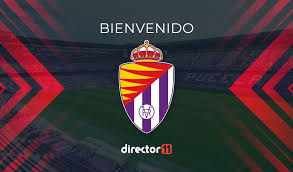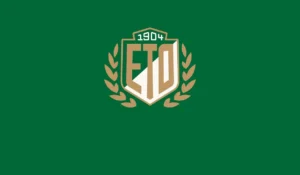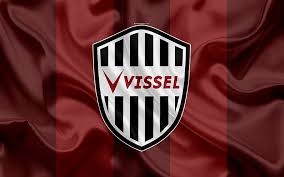
Real Valladolid FC
Real Valladolid FC is a football club steeped in tradition and rich legacy, deeply rooted in the heart of Spain. With a storied past that has witnessed its ebbs and flows, the club continues to evoke passion among its supporters and aims for new horizons. Fans know this historic institution, not just for its performance on the pitch but also for the community spirit it embodies. As we explore the intricate tapestry of Real Valladolid FC, we will delve into its history, achievements, challenges in La Liga, and aspirations for the future RS88.
Introduction to Real Valladolid FC
The narrative of Real Valladolid FC reflects a journey that transcends mere sporting achievements. Founded in 1928, the club has become synonymous with resilience and pride, representing the city of Valladolid in the Spanish football landscape.
The evolution of Real Valladolid FC is marked by various milestones, triumphs, and occasional setbacks—each contributing to the club’s character. Over the decades, the team has carved a niche for itself, boasting a loyal fan base that stands unwaveringly by their side through thick and thin. This introductory section sets the stage for a deeper exploration of the club’s significance in both local and national contexts.
History and development of the club
The roots of Real Valladolid FC can be traced back to the unification of two clubs: Club Unión Deportiva and Real Sociedad de Fútbol. The merger laid the groundwork for what would become a formidable force in Spanish football.
In its formative years, the club quickly made a name for itself, advancing through the divisions of Spanish football. The establishment of its home ground, Estadio José Zorrilla, further solidified the club’s identity, serving as a fortress for countless battles on the pitch. The inaugural match held there was a testament to the values of sportsmanship and determination that characterize the club to this day.
Throughout its history, Real Valladolid FC has faced numerous challenges, including relegation struggles and financial difficulties. Yet, the club has remained resilient, gathering strength from its passionate supporters and local community. This unwavering support has been instrumental in the club’s ability to endure tough times and emerge stronger—a hallmark of its remarkable journey.
Key achievements in the club’s history
As we journey through the annals of time, we encounter landmark achievements that define the legacy of Real Valladolid FC. The club has experienced several ascents to La Liga, where they have had memorable seasons, showcasing their prowess against some of Spain’s elite teams.
Among these accomplishments, perhaps the most notable is the club’s Copa del Rey victory in the 1983-1984 season. Touring the tournament’s knockout stages, Real Valladolid FC managed to defeat powerful opponents, etching their name into the record books. This triumph is celebrated not only for the silverware but also for the emotional connection it fostered with fans, creating memories that would last a lifetime.
Another significant achievement occurred when the club regularly qualified for European competitions during the late 20th century. These appearances not only enhanced the club’s reputation but also allowed players to experience top-tier football on an international stage. This exposure has shaped the identities of many individuals associated with the club, establishing a culture of ambition and success that resonates even today.
Progress and improvements in recent years
In recent years, Real Valladolid FC has focused on refining its strategies to adapt to the evolving landscape of modern football. The club’s leadership has made concerted efforts to improve its infrastructure, invest in player development, and enhance its overall competitiveness in La Liga.
A significant aspect of this progress has been the club’s commitment to youth development. By nurturing young talents within the academy, Real Valladolid FC is laying the foundation for sustainable growth. These emerging players not only bolster the first team but also provide avenues for potential transfers, ultimately benefiting the club financially.



